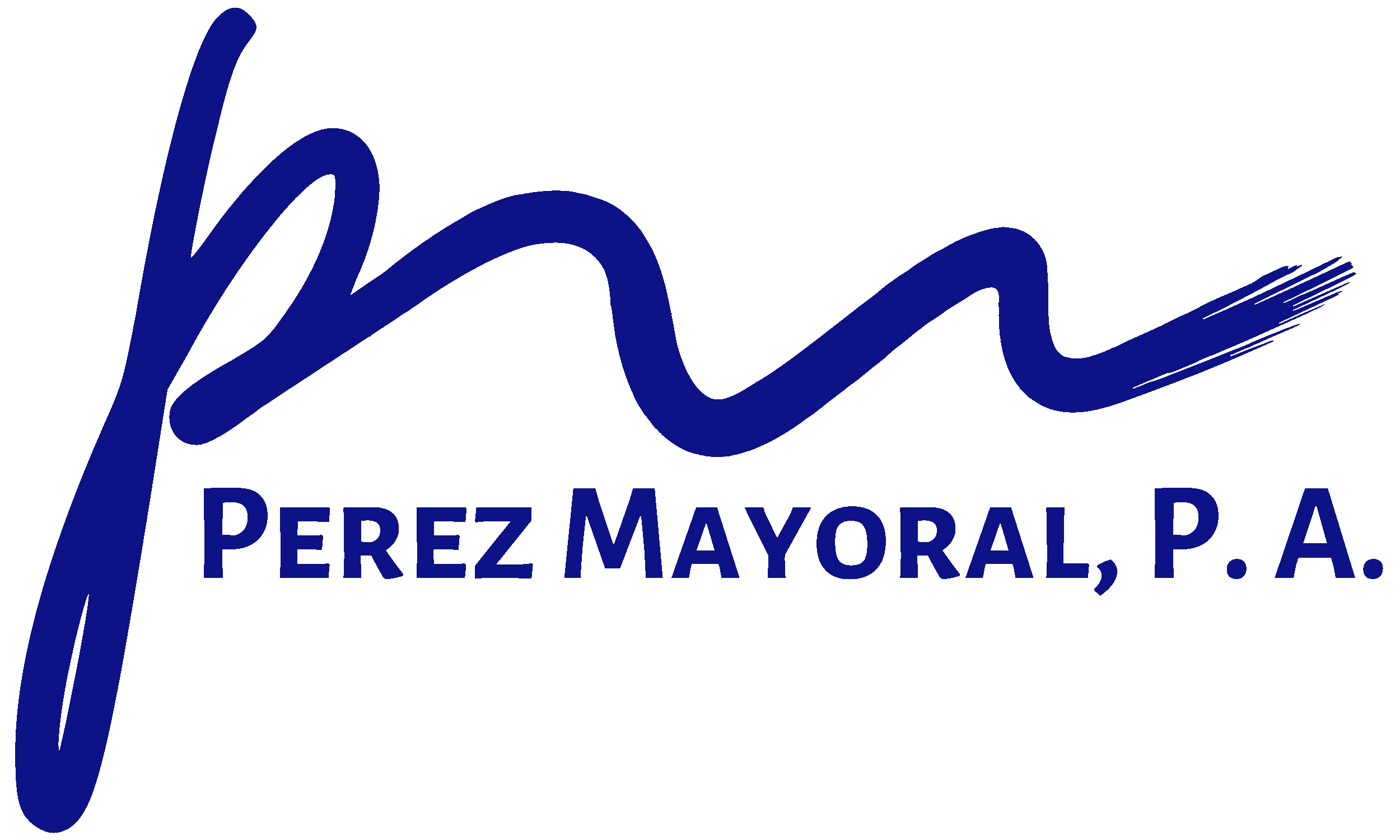Perez Mayoral, P.A. regularly negotiates and litigates contract disputes throughout Miami and South Florida, including breach of loan agreement and promissory note cases. We work to protect the interests of lenders and borrowers and resolve claims expediently. While contract disputes often settle, we are always prepared to go to court to achieve the desired outcome. Contact us today to discuss your case in confidence.
How A Breach of Loan Agreement Can Occur in Miami
Loan agreements are binding contracts between two or more parties to formalize the loan process and spell out each party’s obligations. There are many types of loan agreements, such as:
- Credit cards
- Auto loans
- Mortgages
- Commercial loans
Most loan agreements clearly define how the borrower will use the proceeds, the repayment terms, collateral, and the duration. Conditions for repayment are governed by state and federal law to prevent excessive interest. Default terms are also specified, including terms of collection and associated costs (e.g. attorney fees, court costs).
If the borrower defaults by missing payments, they have breached the loan agreement. If the borrower fails to cure the default, the lender can pursue litigation to seek monetary damages, including legal costs and liquidated damages. The lender may also seize pledged assets and property and move to have a court judgment placed on the borrower’s credit record.
When Miami Lenders Breach a Loan Agreement
While breaches on the borrower’s part are common, lenders can also breach a loan contract in several ways, including:
Failure to Fund
A lender’s primary duty under a loan agreement is to provide funds to the borrower according to the terms of the contract. If the lender fails to advance the required funds, they have breached the contract. Suppose you are closing on a house and the mortgage lender does not deliver the money as promised. That is considered a breach.
Failure to fund can also occur under an agreement where the lender disperses funds over time, for example, on a construction loan. As long as borrowers fulfill their obligation to receive the next round of funds, the lender is in breach if it fails to deliver.
Improper Acceleration
Loan agreements often include a provision giving a lender the right to “call” a loan and require immediate full payment immediately if the borrower violates its terms. That is known as an acceleration clause. For example, a loan agreement may have acceleration clauses that become effective if the borrower does not use the funds for the agreed-upon purpose or misses too many payments. A lender that calls the loan even though the borrower is meeting their obligations has breached the loan agreement.
Violation of Promises as a Breach of Loan Agreement
Lenders can be liable for breach of contract by failing to fulfill promises made to the borrowers during negotiations if those promises are not in the final loan contract. For example, a lender that offers a commercial loan with a 5-year term but switches it to one year in the agreement may be in breach. Courts have held that oral promises are enforceable despite contradicting the written contract.
Breach of Promissory Note
A promissory note is a binding agreement evidencing a borrower’s promise to pay the holder a fixed amount of money on a specific date or upon demand. Businesses often use these agreements when they:
- Provide services
- Sell goods
- Lend money
- Extend credit
A valid promissory note has the same elements as any other valid contract, including (1) an offer, (2) an acceptance, and (3) consideration. For example, if a lender advances $25,000, and the borrower signs a promissory note for $25,000, the loan is considered valid consideration.
Breach of a promissory note occurs when payment due or demanded is not received. The elements of a breach include:
- The existence of a valid and enforceable note
- Performance by the lender
- The borrower breached the agreement (e.g. failure to pay)
- Actual injury to the lender
Notably, a statute of limitations applies to a breach of a promissory note that begins to run on the date it occurred. Florida law provides a 5-year statute of limitations to sue on a promissory note to satisfy the debt.
How to Enforce a Promissory Note in Miami
To enforce a breached promissory note, the holder must follow the agreed-upon terms when making demands for payment – improper notice can hinder any legal action and may prevent enforcement.
The holder can take legal action if the borrower fails to make timely payment and even file a motion for expedited judgment. However, the note must meet the requirements under Uniform Commercial Code (UCC) Article 3:
- Be in writing
- Be signed by the maker or drawer
- Be an unconditional promise or order to pay
- Be for a fixed amount of money
- Be payable on demand or at a definite time
A promissory note will not be enforceable if it does not meet these requirements, and the holder will not be able to seek expedited judgment. While the holder can still go after the borrower, they cannot pursue additional remedies, such as attorney’s fees, collection fees, and default interest.
All states recognize the UCC, but each has its version, including Florida, with minor but distinct differences. It is essential to consult an experienced breach of contract attorney to enforce your promissory note or protect your interests if you are a borrower who has received a demand for payment prematurely.
Contact Our Florida Breach of Loan Agreement and Promissory Notes Attorney
At Perez Mayoral, we have an impressive track record of prosecuting and defending breach of contract claims. If your business needs to take action against a party that failed to meet the terms of a loan agreement or promissory note, we can help. Contact us today to get started.
The experienced breach of loan agreement or promissory note attorneys at Perez Mayoral, P.A. help residents all throughout Miami, Miami Beach, Miami-Dade County, and South Florida with their breach of contract questions and needs.


